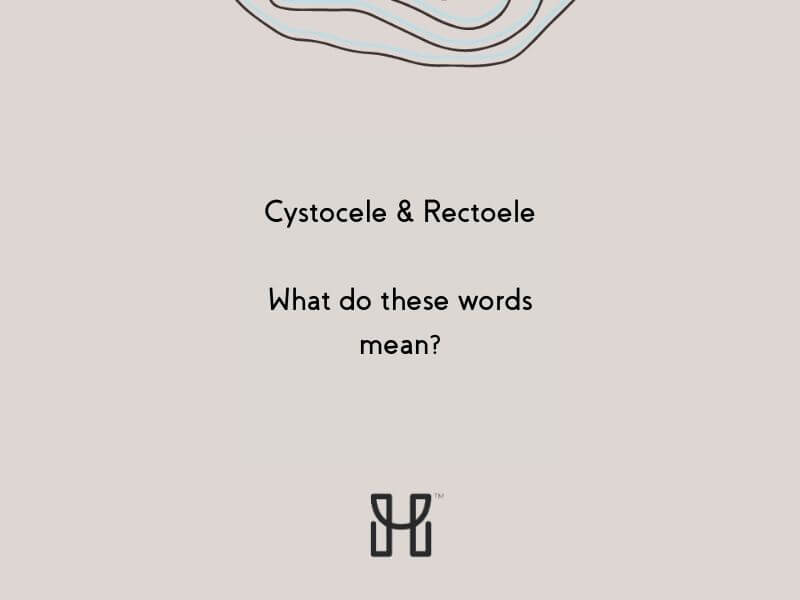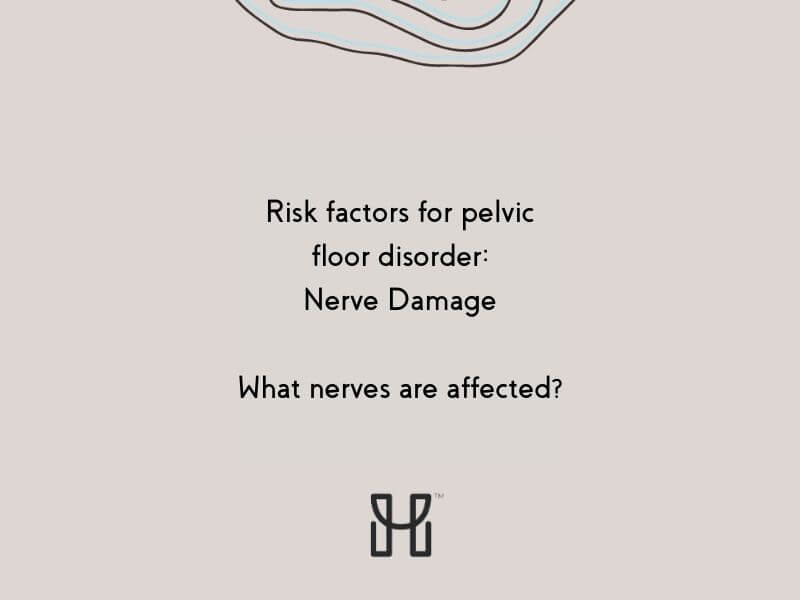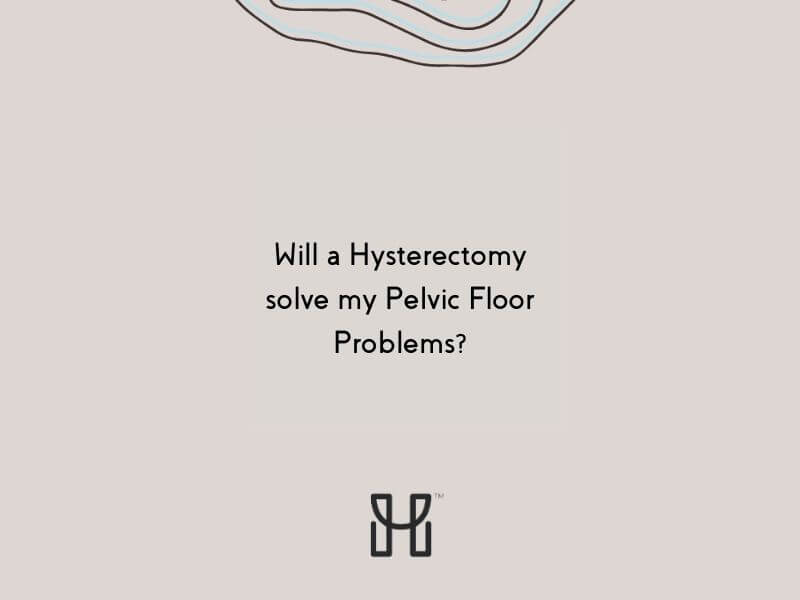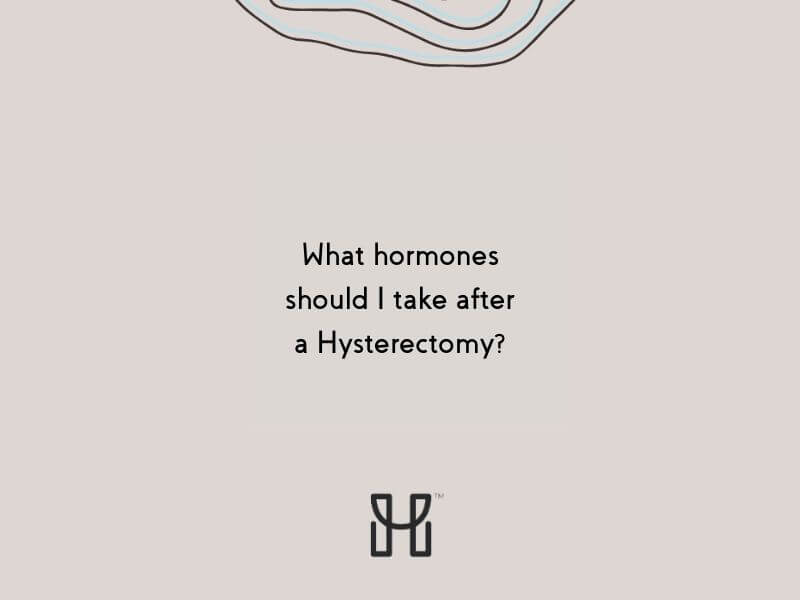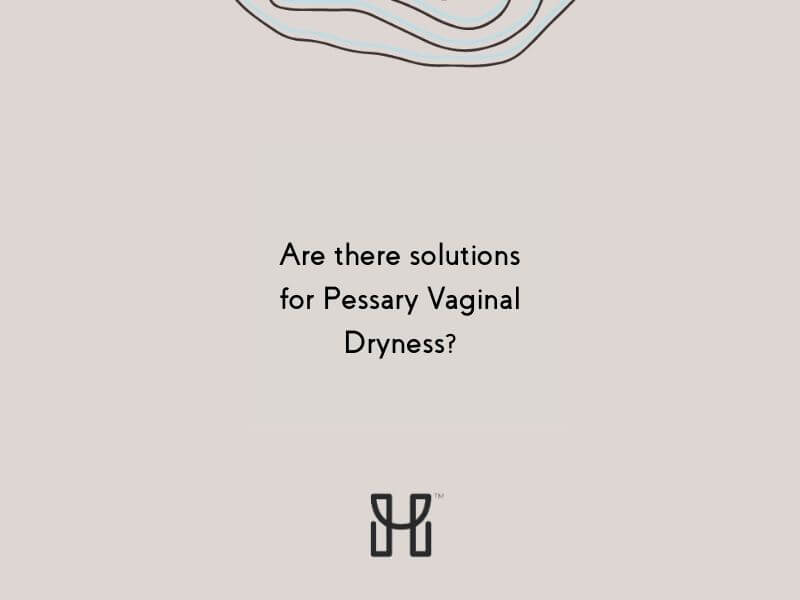Cystocele & Rectocele: What do these words mean?
Question: “Cystocele and Rectocele – what do these words mean?” Answer from Dr. Daniel Gruber, urogynecologist from Sibley Memorial Hospital in Washington D.C., part of John Hopkins medicine. A cystocele ...
Do we really need 8 glasses of water a day?
Question: “Do we really need eight glasses of water a day?” Answer from Dr. Daniel Gruber, urogynecologist from Sibley Memorial Hospital in Washington D.C., part of John Hopkins medicine. This ...
Does pelvic organ prolapse cause leakage?
Question: “Does pelvic organ prolapse cause leakage?” Answer from Dr. Daniel Gruber, urogynecologist from Sibley Memorial Hospital in Washington D.C., part of John Hopkins medicine. In short, it definitely can. ...
Why/how is lifting a risk factor for pelvic floor disorders?
Question: “Why and how is lifting a risk factor for pelvic floor disorders?” Answer from Dr. Daniel Gruber, urogynecologist from Sibley Memorial Hospital in Washington D.C., part of John Hopkins ...
Would having my ovaries removed help me gain hormonal stability?
Question: “I had a partial hysterectomy in 2012 where my uterus and tubes were removed. I find I am still having the extreme highs and lows of having a period. ...
Risk factors for pelvic floor disorder: Nerve Damage. What nerves are affected?
Question: “What are the risk factors for pelvic floor disorders, or nerve damage, and which nerves are affected?” Answer from Dr. Daniel Gruber, urogynecologist from Sibley Memorial Hospital in Washington ...
What can be done for levator ani syndrome?
Question: What can be done for levator ani syndrome? Answer from Dr. Daniel Gruber, urogynecologist from Sibley Memorial Hospital in Washington D.C., part of John Hopkins medicine. Think about levator ...
Will a Hysterectomy solve my Pelvic Floor Problems?
Question: If you had a hysterectomy, wouldn’t that get rid of the issues, if all affected areas were removed? Answer from Dr. Daniel Gruber, urogynecologist from Sibley Memorial Hospital in ...
What hormones should I take after a Hysterectomy?
Question: I had a total hysterectomy. What hormones should I take? Answer from Dr. Daniel Gruber, urogynecologist from Sibley Memorial Hospital in Washington D.C., part of John Hopkins medicine. The ...
Are there solutions for Pessary Vaginal Dryness?
Question: I wear a pessary, which gave me my life back. Are there options for dryness, as I find I am experiencing soreness when removing? Answer from Dr. Daniel Gruber, ...
Stay in the know of all things Pelvic Health
No spam, we promise! Only valuable resources for the health of your Pelvic Floor. By submitting your email, you agree to our Privacy Policy.

